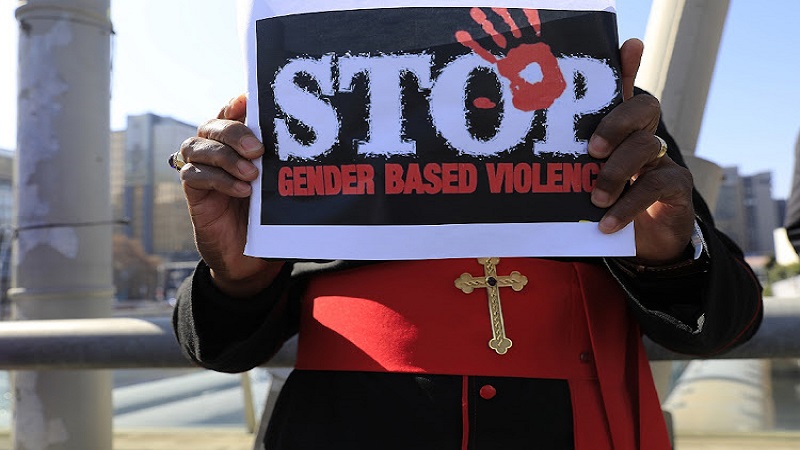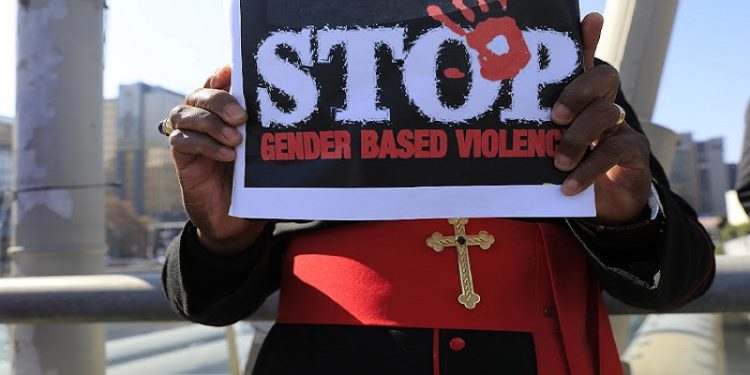Perpetrators of gender-based violence (GBV) will find it more difficult to escape justice after parliamentarians passed laws that will strengthen existing provisions on GBV.
This is according to President Cyril Ramaphosa. In his weekly Monday newsletter he said he was pleased by “the three pieces of legislation that honour the country’s promises to strengthen the criminal justice system, promote accountability across the state and put support for survivors at the centre of all our efforts”.
The new laws tighten up the bail regime and process of obtaining protection orders, and prioritise those vulnerable to exploitation and abuse and those living with disabilities.
“A prosecutor who does not oppose bail in designated cases must have their reasons placed on record. The court must consider any threats of violence made against the complainant and the complainant’s view of their own safety. Unless the court is satisfied exceptional circumstances exist that warrant release on bail, bail must be denied,” he said.
Ramaphosa approved the amendment of the Criminal Law (Sexual Offences and Related Matters) Amendment Bill, the Criminal and Related Matters Amendment Bill and the Domestic Violence Amendment Bill.
“The new Criminal and Related Matters Amendment Act protects the vulnerable from secondary victimisation by allowing courts to appoint intermediaries through which a minor, a disabled person or an elderly person can be examined in proceedings. It also allows for the extended use of evidence by means of an audiovisual link. This helps to shield a witness against harm and prevents unreasonable delays.”
On calls to improve management of the National Register of Sex Offenders, Ramaphosa said those convicted of sex crimes against children or mentally disabled persons and those who have previous convictions and have been sentenced to more than 18 months would only have their names removed after 20 years.
Ramaphosa said government had, under the new Domestic Violence Amendment Act, taken into account complexities in violent domestic relationships. The act will allow a court to grant a protection order immediately, without needing to give a respondent notice of proceedings, when it believes a complainant is in imminent danger.
“Significantly, if the court releases someone charged with domestic violence on bail who does not have a protection order granted against them, the court must issue one after holding an inquiry. When the court issues a protection order it must at the same time authorize the issuing of an arrest warrant, suspended, that must be provided to the police.”
The act also allows police to immediately arrest a suspect when they believe the complainant is in danger due to a breach of the court order.
“The act expressly protects the elderly from all forms of domestic violence, and also permits complainants to apply for protection orders online, saving them time and travel costs.
“To protect complainants against further abuse, the court may issue a Safety Monitoring Notice that will require a member of the police to be in constant contact with the complainant without the knowledge of the abuser,” said Ramaphosa.
The president said survivors of GBV should never be allowed to be further traumatized by the legal system.
While the passage of the new laws was a step in the right direction, Ramaphosa cautioned it was not entirely a solution and said society must still work and stand together to prevent gender-based violence.
“We must prevent violence and abuse from happening in the first place. Working together as a society, we must use our voice, our agency and our reserves of courage to forever end the violence perpetrated by men against women and children.”
Source: TimesLIVE







 WhatsApp us
WhatsApp us 

